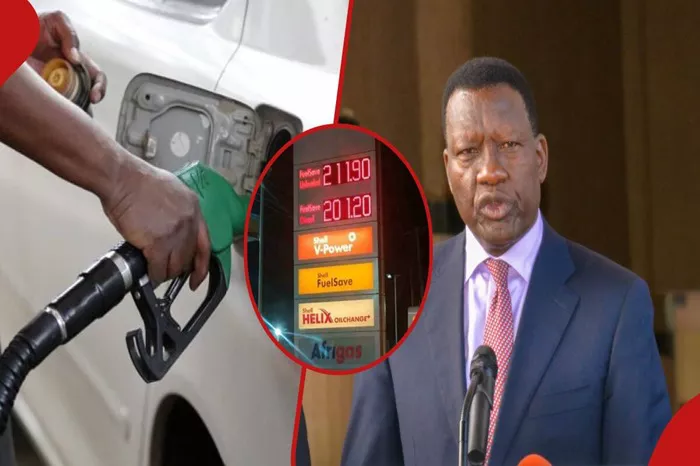The Cabinet has approved the extension of a Government-to-Government (G-to-G) oil import agreement with three Gulf oil giants, Saudi Aramco, Abu Dhabi National Oil Company (ADNOC), and Emirates National Oil Company (ENOC), originally signed in March 2023. The deal, initially a temporary measure, was aimed at easing foreign exchange (FX) pressures and stabilizing the Kenyan shilling.
During its meeting on Tuesday, the Cabinet highlighted that the arrangement had played a crucial role in strengthening the local currency and reducing fuel prices. The deal was credited with lowering the shilling-dollar exchange rate from KSh 166 to KSh 129, while also reducing petrol prices from KSh 217 per liter to KSh 177.
“This arrangement has eased the monthly demand for US dollars required for petroleum imports, stabilizing the exchange rate,” the Cabinet said in a statement. The agreement also allows for the importation of Liquefied Petroleum Gas (LPG), Heavy Fuel Oil, and bitumen via a centrally coordinated bulk procurement system.
Key to the deal’s success is the 180-day credit term provided by the Gulf companies, which allows Kenya to gradually accumulate foreign exchange for purchases. This system eliminates the need for importers to spend large sums of dollars each month, which previously placed significant strain on the country’s foreign exchange reserves.
“The arrangement secures the supply of refined petroleum products and allows payments in Kenyan shillings, instead of the estimated $500 million a month,” the statement added.
The G-to-G agreement, which temporarily replaced Kenya’s open tendering system for oil procurement, was designed to mitigate forex volatility. The open tendering system had been blamed for exacerbating the country’s foreign exchange challenges.
According to former Cabinet Secretary Njuguna, the introduction of the G-to-G deal had a significant impact on stabilizing the market: “Since the start of the G-to-G arrangement, none of the 136 oil marketing companies have had to source US dollars on the open market, removing speculation and curbing the depreciation of the Kenyan shilling.”
However, earlier this year, the government expressed its intention to phase out the deal, citing challenges including a decline in fuel consumption in both domestic and regional re-export markets, which had complicated the agreement’s execution. Despite these issues, the Cabinet confirmed that the arrangement would now extend through December 2024.
In a related development, Uganda, which had been sourcing fuel through private Kenyan oil marketers, began importing directly from international suppliers in July after Uganda National Oil Company (UNOC) received a license to bring petroleum products via Mombasa, further altering the dynamics of the regional fuel market.
The extension of the G-to-G deal is expected to continue providing stability for the Kenyan economy as it navigates ongoing forex challenges and fluctuating global oil prices.

